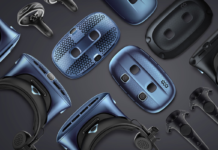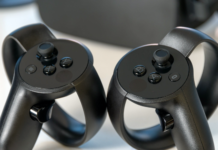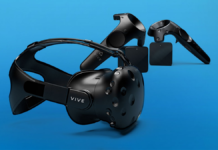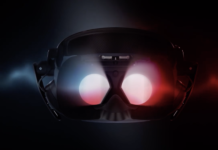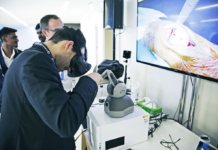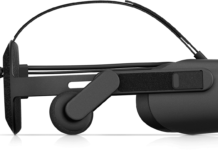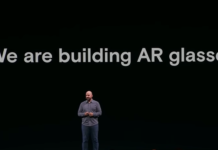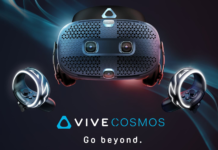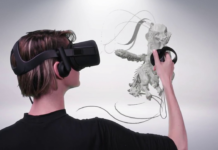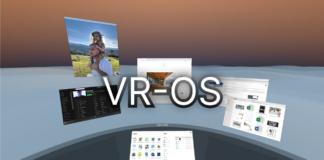The Magic Leap is likely too expensive for most common AR consumers, but business community is finding great use for the latest headset from Magic Leap. There are five companies now partnering with Magic Leap to make their headset for more useful, and they are all working with the medical industry as it stands. This is going to make the headset even more useful for those who are going to dig into their pockets a little more to make the purchases necessary to give their customers and patients a little more security in their operations and practices.
One of the biggest parts of AR that people are already looking forward to is the medical benefits. Incorporating augmented reality into any medical practice only make it better, more efficient, and slightly more fun. On the surgical side of operations, German med tech company Brainlab is working with Magic Leap. Their goal is to bring Digital Imaging and Communications in Medicine (DICOM) content to the doctors, giving multiple specialists to work together to solve problems.

The DICOM would allow surgeons to really on imagery during the procedure to guide, or allow multiple doctors to communicate while looking at the same images. There is a lot DICOM can help with, and we are just scratching the surface. Another brain-focused group named SyncThink is using eye-tracking to learn more about brain disorders and diagnose patient concussions. They are looking to bring the same technology to AR, the same they have had in VR before with sports injuries.

“What we have seen when we screen athletes is that there is a certain percentage of healthy individuals who have sub-optimal eye tracking for their sport. Perhaps they have a particular area in their visual field that could be better optimized with focused training, and when we provide that training they are able to quickly improve the quality of their dynamic vision and overall brain performance,” said SyncThink founder and chief scientific adviser Jam Ghajar, in a statement. “Recent studies have also suggested that these individuals could be more susceptible to injury, so the key is to screen them early to identify and remedy these deficits, as another step to mitigate risk and optimize performance.”
SyncThink clearly knows what they’re doing, so let’s leave the brain side to them and Brainlab as we focus on the patient experience.

XRHealth is looking to bring a therapeutic platform called ARHealth to the Magic Leap very soon. This will offer patients rehabilitation, pain distraction, psychological assessment, and cognitive training tools. XRHealth recently had a VR experience you would use with a doctor, but their new AR experience is meant to be done alone, and then you relay the information and results back to the doctors.
The Dan Marino Foundation has also recently sparked a professional relationship with Magic Leap. They are trying to develop an app that is used to help adults with autism to prepare for job interviews. This is something that could help many people across the globe, and it is refreshing to see AR and the Marino Foundation helping with something of this magnitude.

Augmented reality is only as good as the users and developers make it. If the community focuses on making the lives of those in need better, then there is sure to be great adoption of the technology. If there is something that can help the lives of millions, then we need to do everything we can to help it succeed. Magic Leap has been amazing these past few months, and this is only adding to the list of amazing feats.


